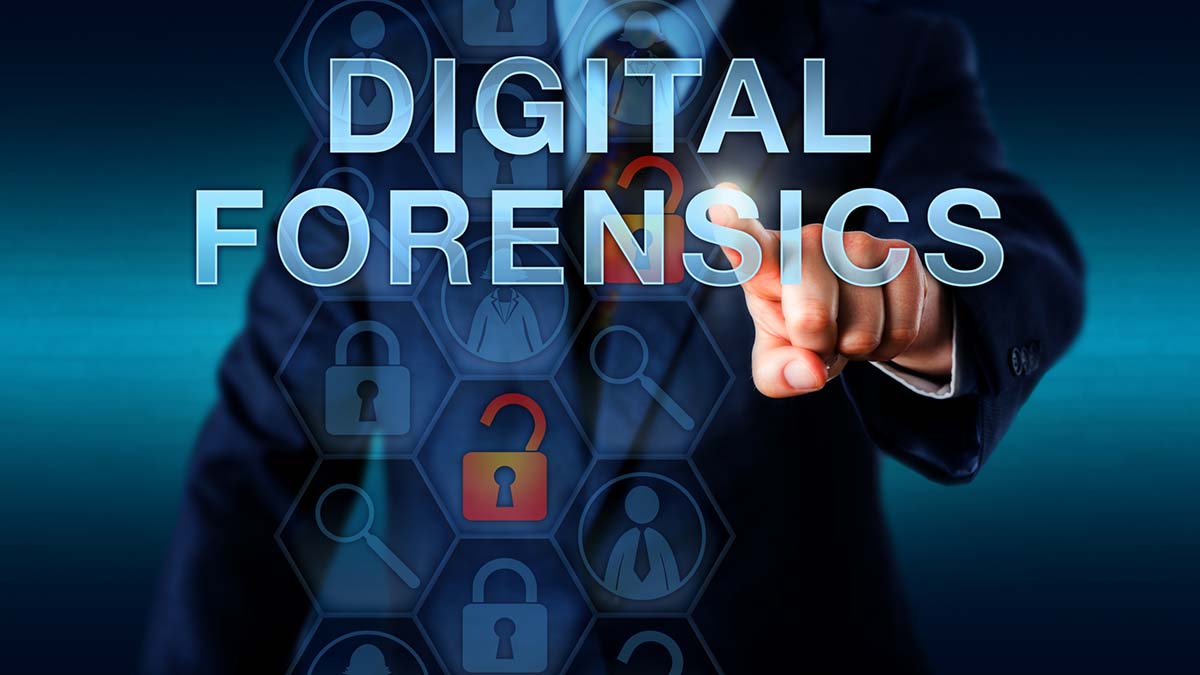Back in April 2017, I wrote about airport and border searches of average travelers coming back to the United States from their business or personal trips abroad. Since you are coming back across our border, law enforcement does not need probable cause to suspect that a crime has been committed, that you were involved, and that evidence of that criminal conduct is on your laptop, tablet or smart phone.
Recently, the American Civil Liberties Union (ACLU) and the Electronic Frontier Foundation sued the federal government over warrantless searches of phones and laptops at the U.S. border. They filed a lawsuit against the Department of Homeland Security (DHS) on behalf of 11 travelers, 10 U.S. citizens and one permanent resident of the United States, who had their smartphones and laptops searched without warrants. The plaintiffs in the case, the searched travelers, include an Air Force veteran, a NASA engineer and a Harvard University graduate student, among others. None of the individuals has subsequently been accused of wrongdoing.
The lawsuit argues that the seizures violate the First and Fourth Amendments. The complaint states in part, “Today’s electronic devices contain troves of data and personal information that can be used to assemble detailed, comprehensive pictures of their owners’ lives.” “Because government scrutiny of electronic devices is an unprecedented invasion of personal privacy and a threat to freedom of speech and association, searches of such devices absent a warrant supported by probable cause and without particularly describing the information to be searched are unconstitutional.”
According to the complaint, the plaintiffs were coming back into the country from business or personal trips when their devices were searched by Customs and Border Protection (CBP) officers. Officers confiscated their devices and held several of their devices for long periods of time. One of the individuals said that he was physically restrained by border officers while being questioned.
This type of search can be imposed upon anyone. It happens not only to travelers from foreign countries, but to U.S. citizens returning home, as well. With most electronic devices, travelers can refuse to provide the passwords and the CBP can confiscate the device or detain the traveler hoping that he or she will relent and provide the password to avoid further delay and humiliation. However, with the increasing use of facial recognition software to unlock one’s personal devices, featured in the newly announced iPhone and the less popular Samsung Galaxy S8, one can easily imagine officials simply pointing the phone at the person’s face to unlock the device! Does that mean that U.S. citizens will be stopped, detained and held in a position so that their cellphones can be unlocked through their facial recognition security program? Time will soon enough tell, but the prospect of such actions should give us all pause before we embrace the latest technology.
Stahl Gasiorowski Criminal Defense Lawyers aggressively defend individuals charged with complex federal and state crimes. Founder Robert G. Stahl is recognized as one of the top criminal defense attorneys in the NY/NJ area for his skills, knowledge and success. To contact us to discuss your case, call 908.301.9001 for our NJ office and 212.755.3300 for our NYC office, or email us at rgs@sgdefenselaw.com.




Leave A Comment